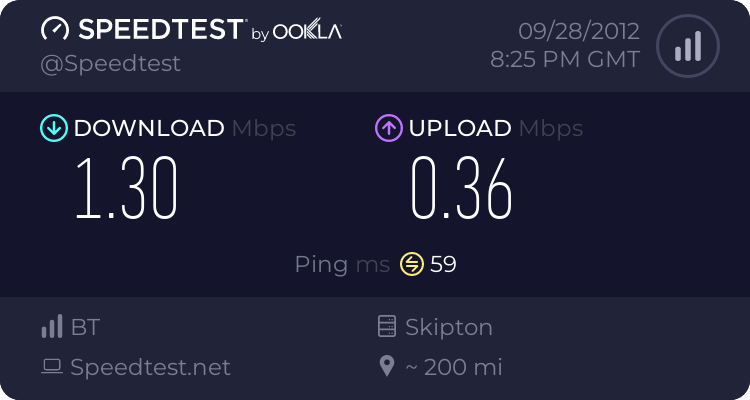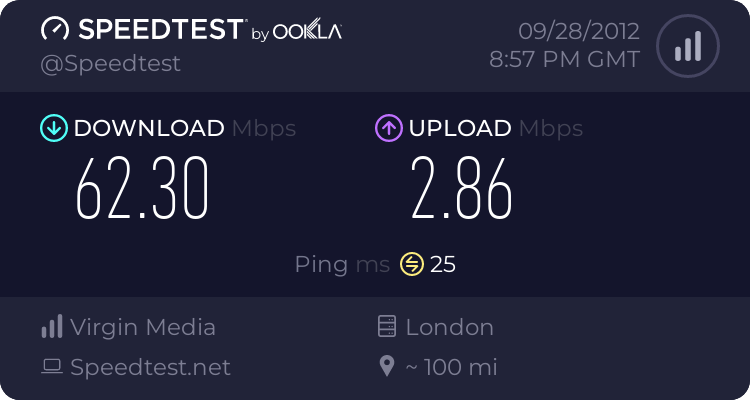- Messages
- 8,758
- Name
- John
- Edit My Images
- No
EE are not investing in their own fibre network, simply piggybacking either BT or Virgin cable, I'm stuck on 1.5mb BT wet string after being used to 20mb cable, with no prospect of improvement, I'm thinking maybe 4g is the only possible way of getting back to useful internet speeds.
Will 4g be the answer for those stuck with an internet service circa 1998.
Its not gonna help those that truly live out in the sticks but areas close to major cities with good 3g connection but crap everything else ought to be able to jump on the high speed bandwagon......right ?
Will 4g be the answer for those stuck with an internet service circa 1998.
Its not gonna help those that truly live out in the sticks but areas close to major cities with good 3g connection but crap everything else ought to be able to jump on the high speed bandwagon......right ?



